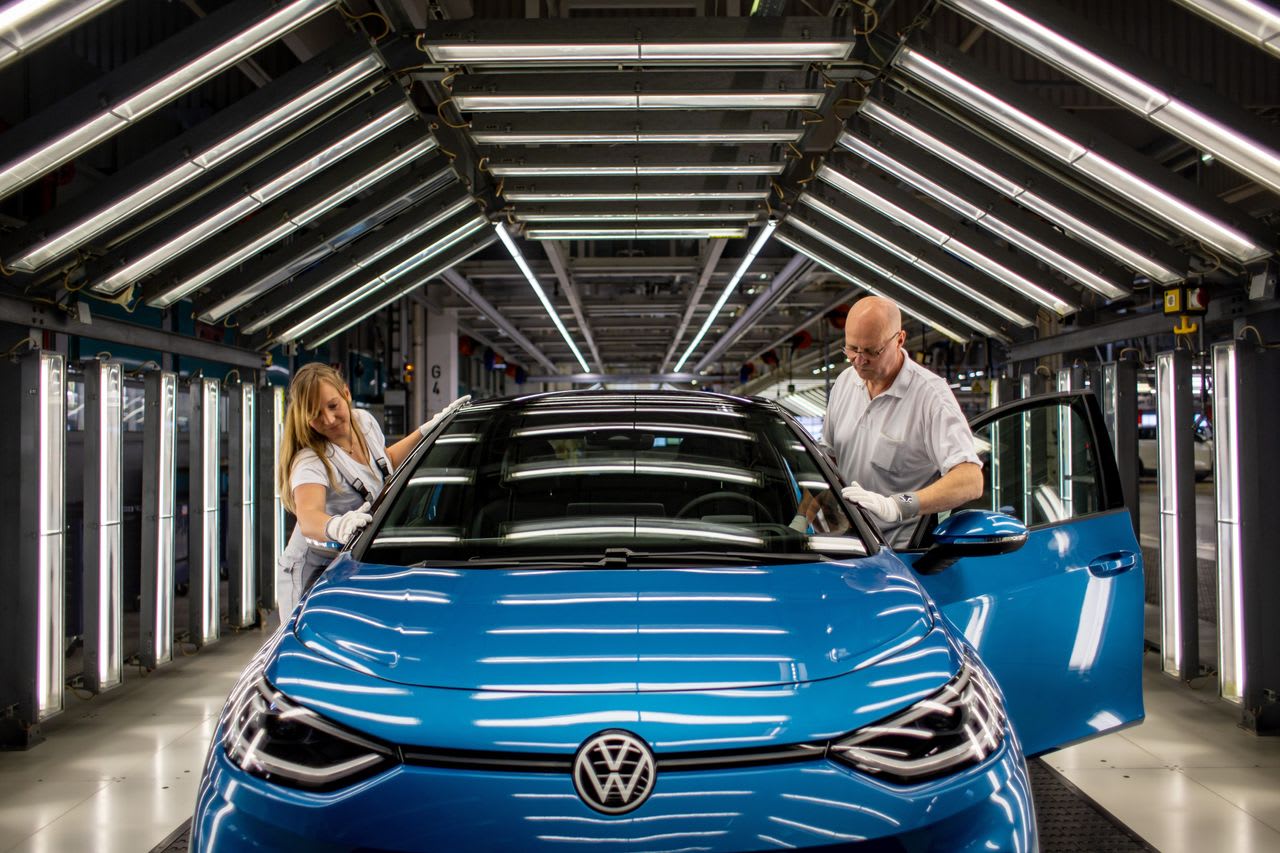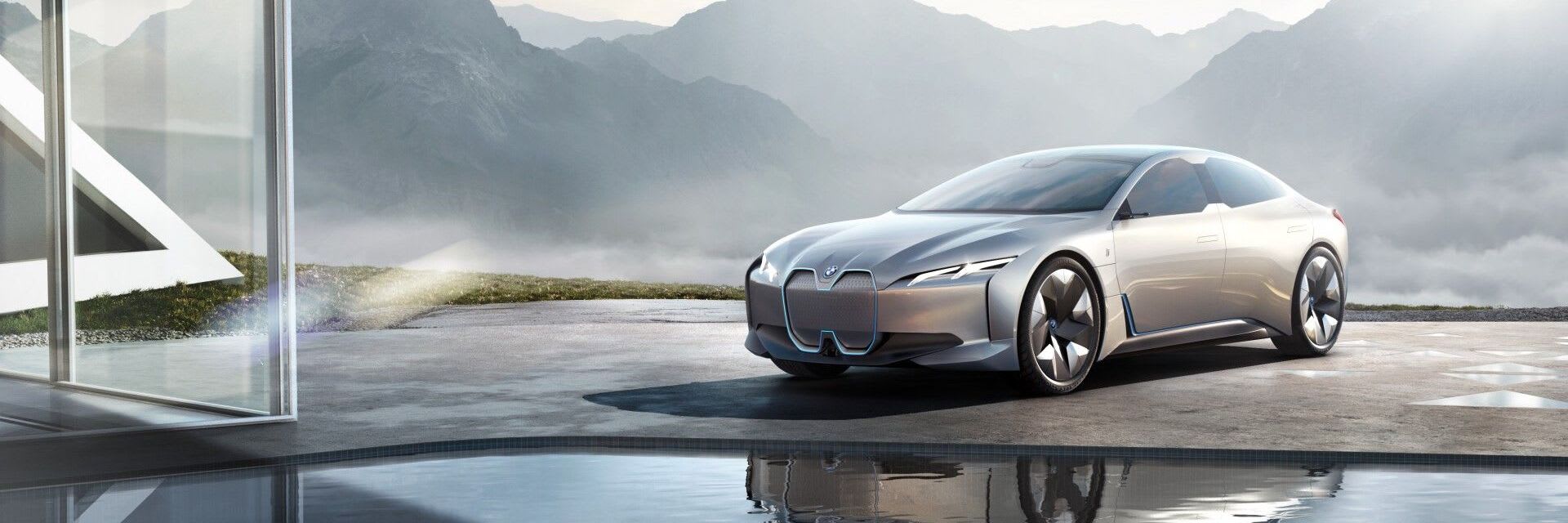Volkswagen and Škoda Forge Ahead with Ambitious Electric Vehicle Plans: Unveiling a Future of Affordable Electrification
In a transformative shift towards sustainable mobility, automotive giants Volkswagen and its subsidiary Škoda have unveiled their plans to revolutionize the electric vehicle (EV) market with the introduction of a new generation of budget-friendly EVs. This strategic move marks a significant step in the global transition towards zero-emission transportation.

A New Era of Electrification: Affordable EVs for the Masses
Volkswagen and Škoda are poised to disrupt the automotive industry by making EVs accessible to a wider audience. The new electric vehicles in development are designed to cater to the needs of price-conscious consumers, offering a compelling combination of affordability, practicality, and environmental friendliness.

ID.2 and Škoda Elroq: Spearheading the EV Revolution
At the forefront of this electrification push are the Volkswagen ID.2 and Škoda Elroq. These compact EVs are expected to hit the market in 2025 and will serve as entry-level models in their respective lineups.
The ID.2 will be the smallest member of Volkswagen's ID family of electric vehicles, while the Elroq will be Škoda's first dedicated EV. Both vehicles will utilize the Volkswagen Group's MEB-Entry platform, which is engineered to deliver affordability without compromising on performance or range.
Sub-$30,000 Price Point: Making EVs Truly Affordable

A defining characteristic of the Volkswagen ID.2 and Škoda Elroq is their price point. Volkswagen has set an ambitious target of pricing both vehicles below $30,000, making them some of the most affordable EVs on the market.
Range and Performance: Balancing Cost and Usability
While affordability is crucial, Volkswagen and Škoda have not sacrificed range or performance in their quest for value. The ID.2 and Elroq are expected to offer a range of around 300 kilometers (186 miles) on a single charge, which is sufficient for most urban and suburban commuting needs.
Performance-wise, the EVs will be equipped with electric motors delivering approximately 150 horsepower, enabling them to accelerate from 0 to 100 km/h (0 to 62 mph) in under 10 seconds.

Sustainable Mobility with a Social Conscience
The introduction of affordable EVs by Volkswagen and Škoda goes beyond mere product development. It is a strategic move that aims to accelerate the adoption of sustainable mobility, particularly among those who may have previously found EVs too expensive.
By making EVs accessible to a broader consumer base, these automotive giants are contributing to the fight against climate change while promoting social equity.
Supporting Infrastructure: Paving the Way for EV Success
Recognizing the importance of supporting infrastructure, Volkswagen and Škoda are also investing heavily in the development of charging stations. The companies are collaborating with partners to establish a dense network of charging points, ensuring that EV drivers can easily find places to power up their vehicles.
Embracing Innovation: The Future of Automotive Technology
The ID.2 and Elroq showcase the latest advancements in automotive technology. They feature cutting-edge infotainment systems, advanced safety features, and seamless connectivity options.
Volkswagen and Škoda are also exploring the integration of artificial intelligence (AI) and autonomous driving capabilities in their future EV models, promising to enhance safety, convenience, and the overall driving experience.
Conclusion: A Transformative Chapter in Automotive History
Volkswagen and Škoda's plans for affordable EVs mark a transformative chapter in automotive history. By making EVs more accessible to the masses, these companies are accelerating the global transition towards sustainable transportation.
The ID.2 and Elroq, along with future models in the pipeline, embody the future of mobility – electric, affordable, and environmentally friendly. As these vehicles roll out into the market, they will undoubtedly have a profound impact on the industry and the lives of consumers worldwide.
